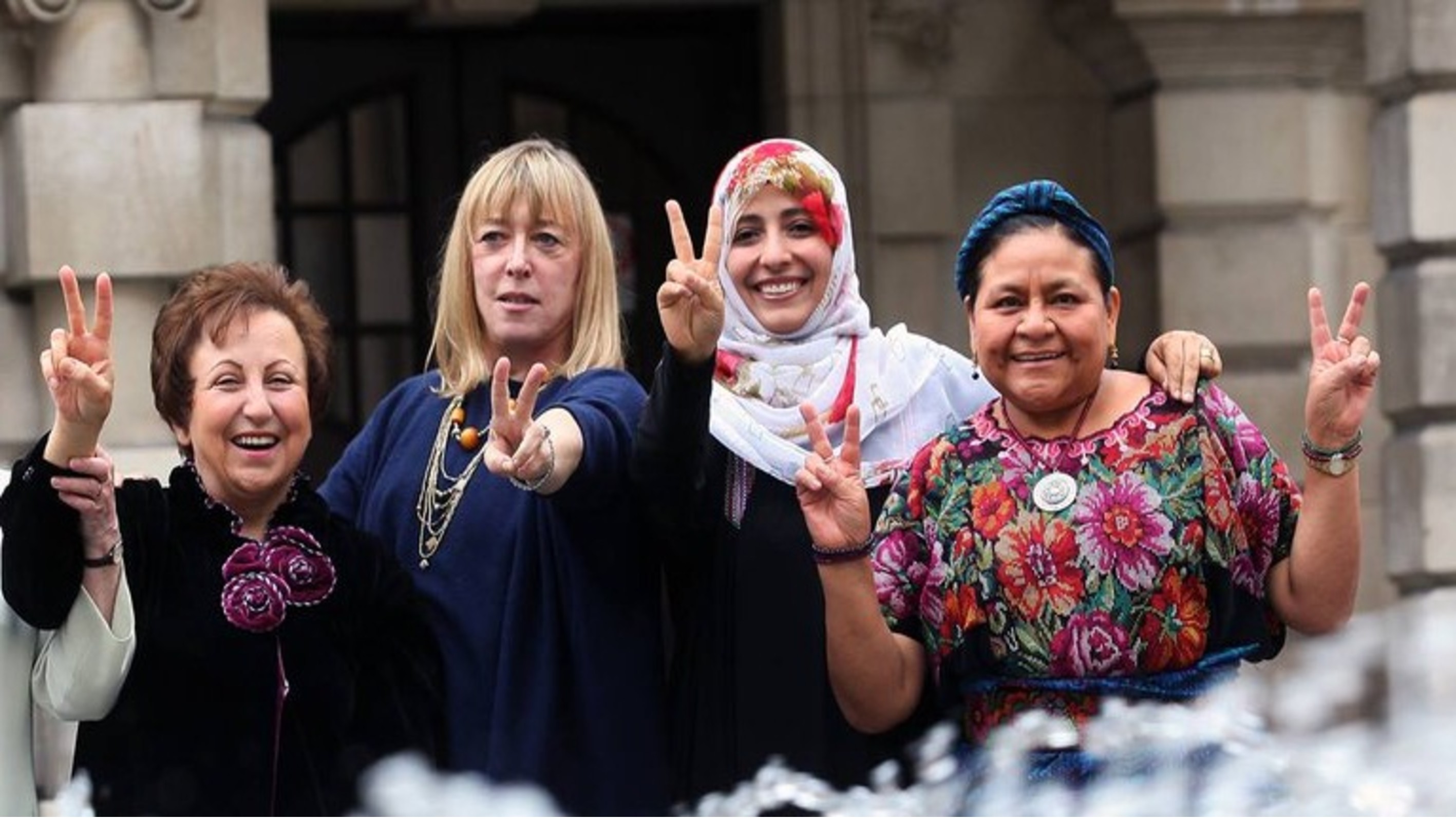News

Nobel peace laureates head fact-finding mission to Honduras & Guatemala
Nobel Women’s Initiative—in partnership with JASS (Just Associates) and the Rigoberta Mench? Tum Foundation—is pleased to announce our upcoming fact-finding trip — Women, Land and Peace: Delegation to Honduras and Guatemala from October 20-28, 2017! Follow us online at #WomenLandPeace!
Nobel peace laureates Tawakkol Karman (Yemen), Shirin Ebadi (Iran) and Jody Williams (USA) will travel to Honduras— and later join laureate Rigoberta Mench? Tum (Guatemala) in Guatemala—to gather a first-hand account of the violence against women land defenders. They will be joined by human rights experts, journalists, philanthropists and a documentary filmmaker from the U.S., Canada, Guatemala, and Honduras. The group—which will visit two rural communities in impacted by conflict over land—will hear testimony from dozens of women’s organizations and Indigenous women community leaders, and also meet with national politicians and diplomats from the U.S., Canada and other countries.
While activists in the region have made incredible political breakthroughs, Honduras and Guatemala are still ranked #1 and #5 respectively among countries with the highest murder rates. In particular, unchecked land and resource grabs have triggered growing violence against women human rights defenders and Indigenous communities. Environmental activists in both Guatemala and Honduras do their work at great risk to their personal safety. The murder of prominent Honduran indigenous leader Berta C?ceres in 2016 highlights the growing risks and violence activists face when opposing extractive projects.
With elections approaching in Honduras at the end of November—and a whole new generation of young Guatemalans determined to purge the country of its genocidal past and corrupt present—there has never been a more vital time to support women human rights defenders on the frontlines of change.
#WomenLandPeace will spotlight the threats that women, rural, and Indigenous activists face in connection to foreign resource, energy and large-scale agricultural projects—and highlight the creative and brave resistance of the women-led social movements in protecting their communities from violence!
